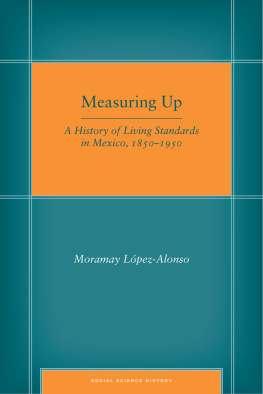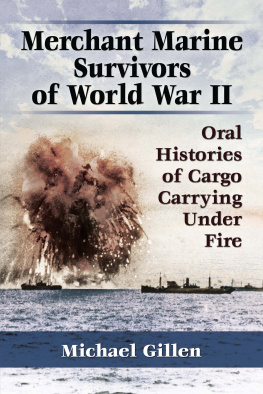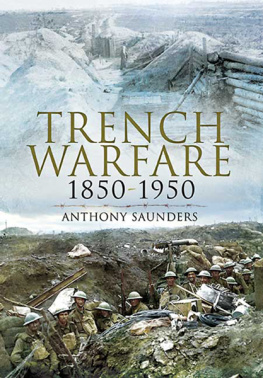Greg Kennedy - The Merchant Marine in International Affairs, 1850-1950
Here you can read online Greg Kennedy - The Merchant Marine in International Affairs, 1850-1950 full text of the book (entire story) in english for free. Download pdf and epub, get meaning, cover and reviews about this ebook. year: 2014, publisher: Taylor & Francis, genre: Romance novel. Description of the work, (preface) as well as reviews are available. Best literature library LitArk.com created for fans of good reading and offers a wide selection of genres:
Romance novel
Science fiction
Adventure
Detective
Science
History
Home and family
Prose
Art
Politics
Computer
Non-fiction
Religion
Business
Children
Humor
Choose a favorite category and find really read worthwhile books. Enjoy immersion in the world of imagination, feel the emotions of the characters or learn something new for yourself, make an fascinating discovery.

- Book:The Merchant Marine in International Affairs, 1850-1950
- Author:
- Publisher:Taylor & Francis
- Genre:
- Year:2014
- Rating:4 / 5
- Favourites:Add to favourites
- Your mark:
- 80
- 1
- 2
- 3
- 4
- 5
The Merchant Marine in International Affairs, 1850-1950: summary, description and annotation
We offer to read an annotation, description, summary or preface (depends on what the author of the book "The Merchant Marine in International Affairs, 1850-1950" wrote himself). If you haven't found the necessary information about the book — write in the comments, we will try to find it.
Greg Kennedy: author's other books
Who wrote The Merchant Marine in International Affairs, 1850-1950? Find out the surname, the name of the author of the book and a list of all author's works by series.
The Merchant Marine in International Affairs, 1850-1950 — read online for free the complete book (whole text) full work
Below is the text of the book, divided by pages. System saving the place of the last page read, allows you to conveniently read the book "The Merchant Marine in International Affairs, 1850-1950" online for free, without having to search again every time where you left off. Put a bookmark, and you can go to the page where you finished reading at any time.
Font size:
Interval:
Bookmark:
INTERNATIONAL AFFAIRS
18501950
ISSN 13669478
Milan N. Vego
Edited by Keith Neilson and Greg Kennedy
Rear Admiral Raja Menon
Chris Madsen
Milan N. Vego
John E. Talbott
Robert Mallett
Edited by Greg Kennedy
Duk-Ki Kim
Edited by John B. Hattendorf
Jiirgen Rohwer and Mikhail S. Monakov
Donald Mackenzie Schurman; edited by John Beeler
Edited by Phillips O'Brien
MERCHANT MARINE
IN INTERNATIONAL AFFAIRS
18501950
Kingston, Ontario

FRANK CASS PUBLISHERS
2 Park Square, Milton Park, Abingdon, Oxon, OX14 4RN
711 Third Avenue, New York, NY 10017
Copyright of articles 2000 contributors
(Cass series. Naval policy and history; 8)
1. Merchant marine History 19th century 2. Merchant
marine History 20th century 3. Naval art and science
History 4. International relations
I. Kennedy, Greg
359.009
ISBN 0-7146-4471-4 (paper)
ISSN 1366-9478
Kennedy.
Includes bibliographical references and index.
ISBN 0-7146-4918-X (cloth: alk. paper) ISBN 0-7146-4471-4 (paper: alk. paper)
century. 3. Merchant marine-History-19th century. 4. Merchant
marine-History-20th century. 5. World politics-19th century. 6. World
politics-20th century. I. Kennedy, Greg. II. Series.
VK19.M47 2000
359'009'034-dc21
John Beeler
Keith Neilson
William Wray
Orest Babij
Greg Kennedy
Kevin Smith
Michael A. Hennessy
Font size:
Interval:
Bookmark:
Similar books «The Merchant Marine in International Affairs, 1850-1950»
Look at similar books to The Merchant Marine in International Affairs, 1850-1950. We have selected literature similar in name and meaning in the hope of providing readers with more options to find new, interesting, not yet read works.
Discussion, reviews of the book The Merchant Marine in International Affairs, 1850-1950 and just readers' own opinions. Leave your comments, write what you think about the work, its meaning or the main characters. Specify what exactly you liked and what you didn't like, and why you think so.





